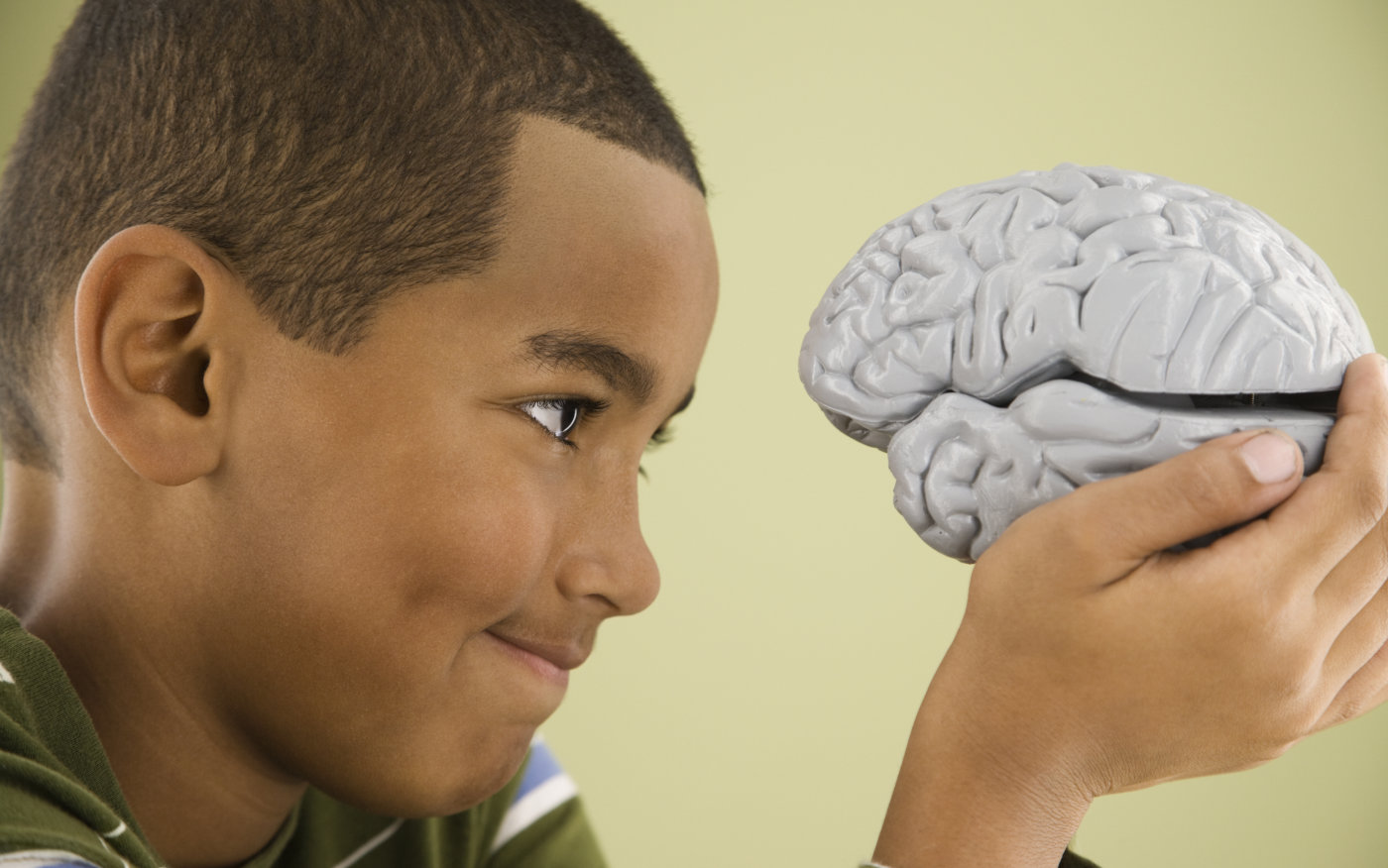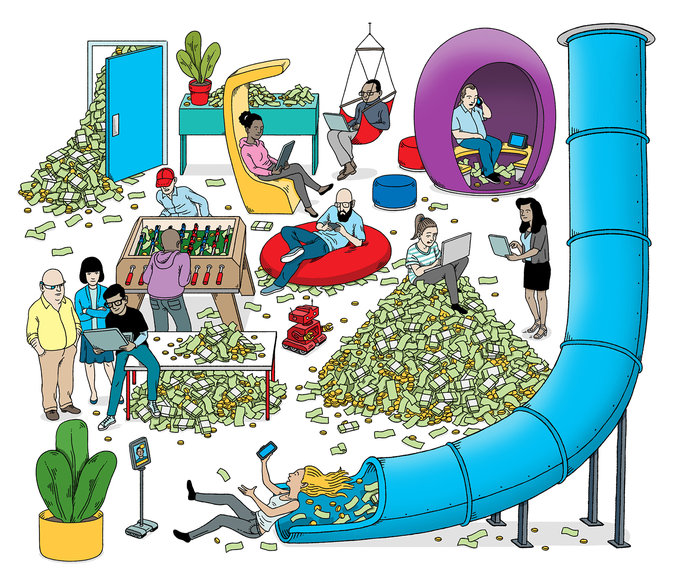It will be a long time before anyone starts sending fully formed thoughts to a computer, he says—and even longer before anyone finds it really useful. Think about speech-recognition software, which has been around for decades, Schalk says. “It was probably 80 percent accurate in 1980 or something, and 80 percent is a pretty remarkable achievement in terms of engineering. But it’s useless in the real world,” he says. “I still don’t use Siri, because it’s not good enough.”
Source: The Neurologist Who Hacked His Brain—And Almost Lost His Mind | WIRED





